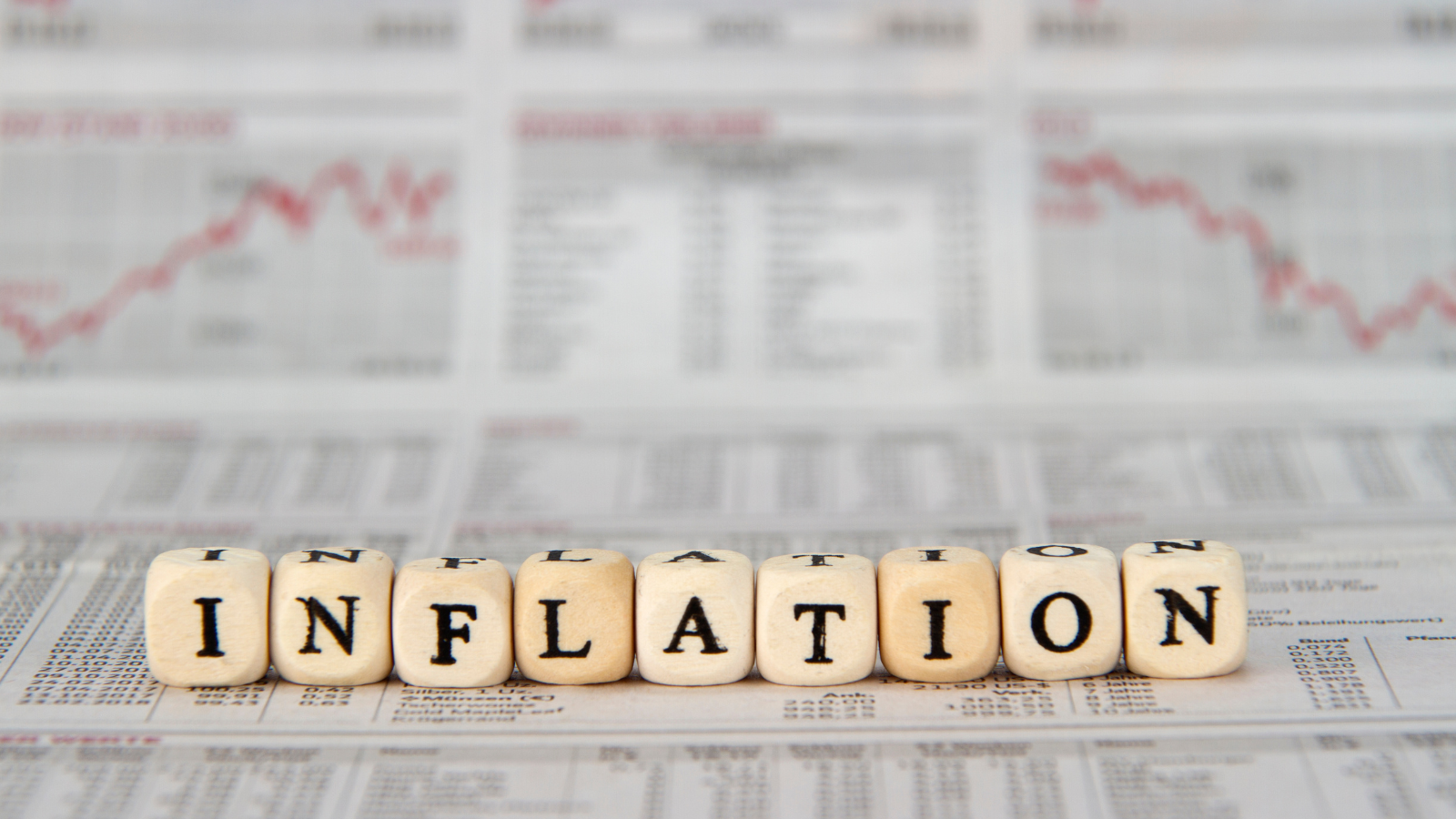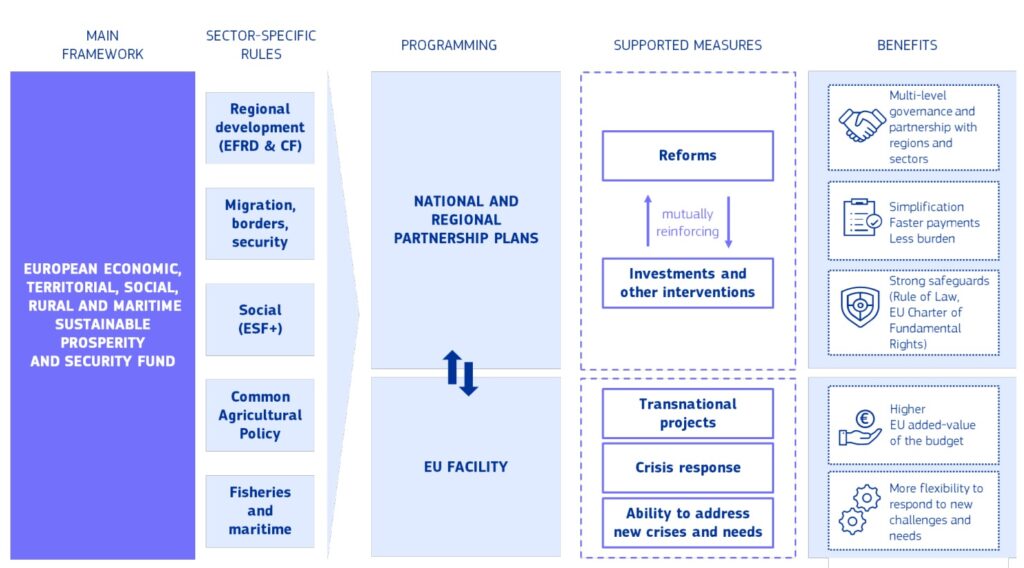As the EU economy advanced its recovery following the pandemic, the high rate of inflation throughout 2022 meant that wage setting actors made their decisions under a cloud of uncertainty. While nominal increases in statutory minimum wages reached an all-time high, minimum wage workers in most countries saw their purchasing power decline or just about compensated at the beginning of 2023, based on preliminary harmonised inflation figures. With inflation expected to persist, a further depreciation of minimum wages in real terms can be expected in most Member States, as only a few foresee additional increases in 2023.
Large statutory minimum wage increases in 2023 in nominal terms
Minimum wage setting for 2023 took place in the shadow of high levels of inflation, which hit EU Member States harshly in 2022. To protect the earnings of the lowest paid employees, most governments have boosted minimum wages to a much larger extent than last year. The main developments are summarised below.
- Nominal rates have increased across most Member States, ranging from more than 20% in Germany and Latvia to over 5% in France, Luxembourg and Malta. The only countries where nominal rates have not increased in January 2023 are Spain, where negotiations are still ongoing, and Cyprus, where a statutory minimum wage has just been introduced.
- Increases are much higher than last year (and incomparably higher than previous years). Across the Member States (excluding Spain), the average nominal increase in 2023 is 12%, compared with around 6% last year (between January 2021 and January 2022). The median increase in 2023 is 11% so far, more than double the 5% of the previous year.
- Minimum wages have generally risen more among central and eastern European countries, marking a continuation of upward EU convergence over many years. Latvia hiked its minimum wage by almost 25% in 2023 (after having frozen it since January 2021). In addition, out of the 13 countries with the biggest increases, 10 are Member States that joined the EU after 2004. Eight register increases above 10%, while the other two, Bulgaria and Slovakia, come close to that figure.
- Among the pre-2004 Member States, minimum wages have generally risen more modestly, with increases of 5–8%. The exceptions are Belgium, Germany and the Netherlands. Germany (22%) and the Netherlands (12%) have set higher increases largely due to a deliberate policy intervention aimed at improving minimum wage levels. In Belgium, the 16% increase arises mainly from the implementation of several automatic indexation mechanisms from January 2022.
Read more here.





